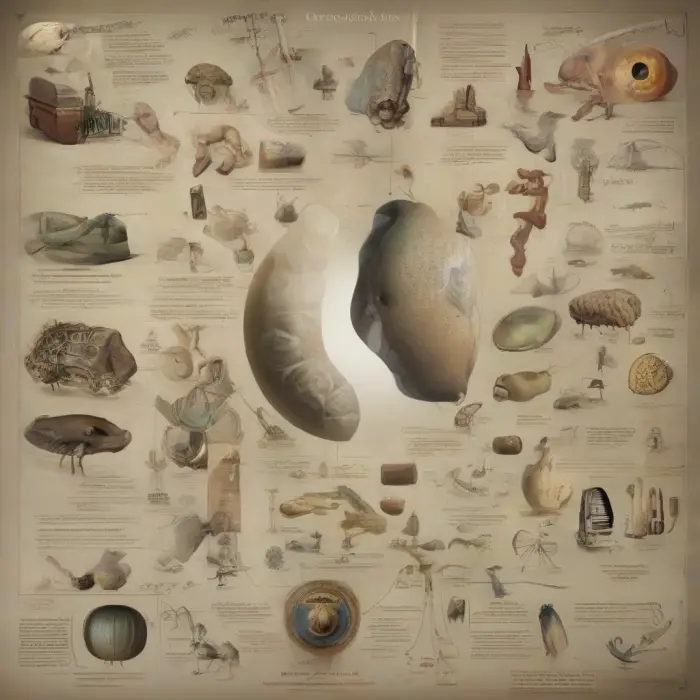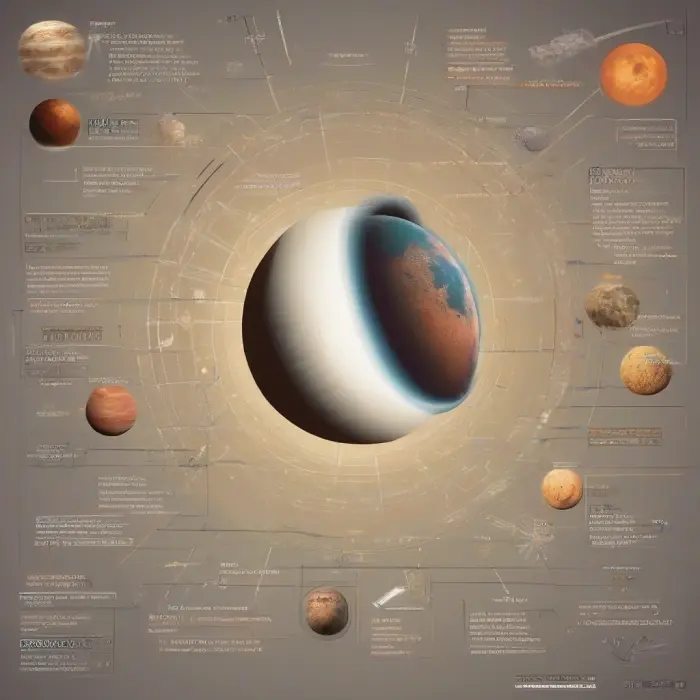Fascinating Facts About Space Exploration
Space exploration is a domain that always pushes the boundaries of our imagination, invoking a sense of wonder and awe. From our first steps on the moon to the potentiality of colonizing Mars, we have progressed by leaps and bounds over the past few decades. With continuous technological advancements, more and more secrets of the cosmos are unfolding. Let's plunge right in to discover some fascinating facts about space exploration.
The Dawn of Space Exploration
The journey towards the stars began with the launch of Sputnik 1, the first artificial satellite, by the Soviet Union on October 4, 1957. This event triggered the so-called Space Race between the Soviets and the United States, leading to a boom in technological advancements and uncovering many fascinating facts about the universe.
The First Man on the Moon
The United States' Apollo program was responsible for landing the first human on the moon. On July 20, 1969, Neil Armstrong laid the first steps on the lunar surface, proclaiming it to be "a giant leap for mankind." This day marks a significant milestone in the history of space exploration.
The Voyagers
Launched in 1977, the Voyager 1 and Voyager 2 have been traversing the cosmos for over four decades now. The probes are still transmitting back data, with Voyager 1 being the farthest man-made object from Earth, currently in interstellar space.
The International Space Station (ISS)
The ISS, a habitable artificial satellite in low Earth orbit, is a testament to international cooperation. Launched in 1998, it has been continuously occupied since November 2000, serving as a home and research laboratory for astronauts from around the world.
Exploring Mars
In recent years, Mars exploration has taken center stage. Various missions like NASA's Curiosity and China's Tianwen-1 have landed rovers on Mars, providing invaluable data about the Red Planet's geological structure, atmosphere, and potential for past life.
The Future: Space Tourism
With the advancement of private spaceflight companies such as SpaceX and Blue Origin, the concept of space tourism is becoming a potential reality. Exploration space might not remain limited to astronauts in the future; instead, it might become part of the common human experience.
Conclusion
Space exploration continues to fascinate us, helped by the mysteries it unravels and the technological marvels it brings forth. As we stand at the brink of private crewed missions and dream of setting foot on Mars, one can only imagine what exciting aspects of the cosmos still await our discovery.
Joined in the collective journey of space exploration, we are not just spectators of the universe, but active participants shaping our destiny among the stars.










